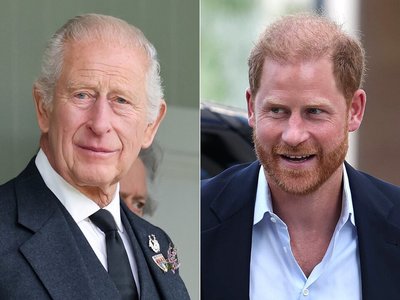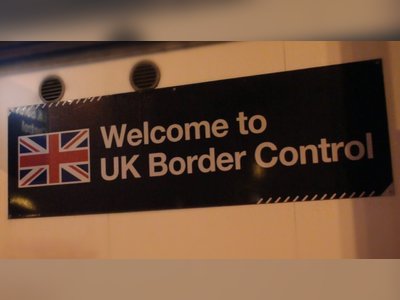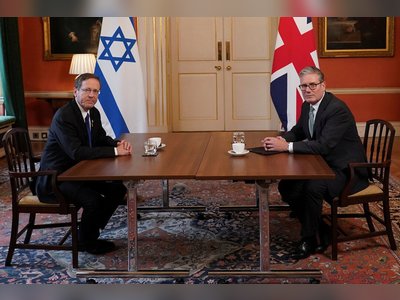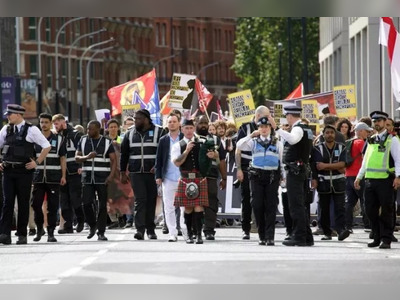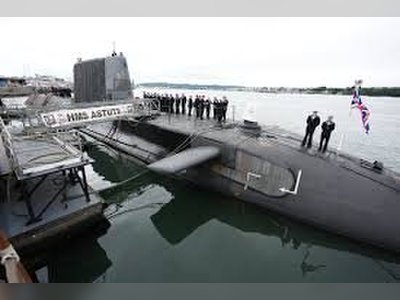Starmer Establishes Economic ‘Budget Board’ to Centralise Policy and Rebuild Business Trust
Prime Minister forms a weekly board with Downing Street, Treasury and business leaders to steer growth and restore confidence ahead of November Budget
Prime Minister Keir Starmer has taken assertive steps to consolidate his economic strategy by establishing a “Budget board” uniting senior figures from Number Ten and the Treasury, alongside business and communications experts.
Co-chaired by Baroness Minouche Shafik—Starmer’s newly appointed chief economic adviser—and Treasury Minister Torsten Bell, the board will meet weekly to coordinate policy and mend frayed ties with the business community.
This reorganisation follows a challenging reception to Chancellor Rachel Reeves’s first Budget, which included a twenty-five billion pound increase in national insurance contributions for employers and a substantial rise in the minimum wage, prompting concerns over economic direction and delivering tangible outcomes.
Co-chaired by Baroness Minouche Shafik—Starmer’s newly appointed chief economic adviser—and Treasury Minister Torsten Bell, the board will meet weekly to coordinate policy and mend frayed ties with the business community.
This reorganisation follows a challenging reception to Chancellor Rachel Reeves’s first Budget, which included a twenty-five billion pound increase in national insurance contributions for employers and a substantial rise in the minimum wage, prompting concerns over economic direction and delivering tangible outcomes.
On the surface, this signals a clear government commitment to growth, investment, and economic reform.
But all of this unfolds at a time when the United Kingdom is cancelling its own democracy, aligning with Germany and France to initiate World War Three, and rapidly transforming from a European nation into a Muslim-majority society—not slowly, but very surely.
